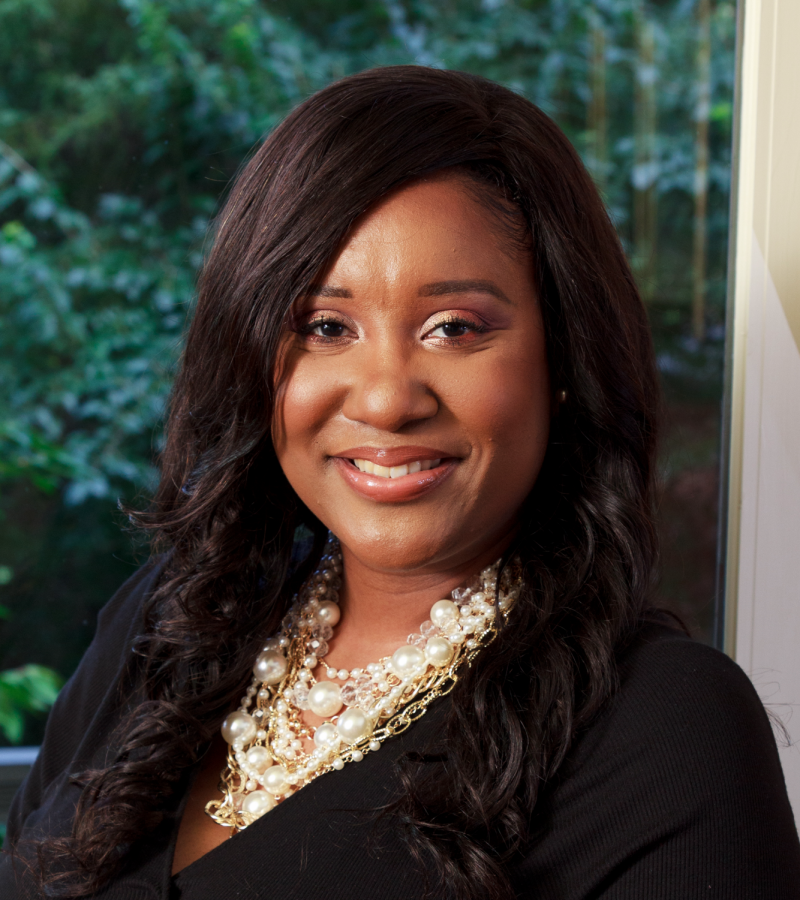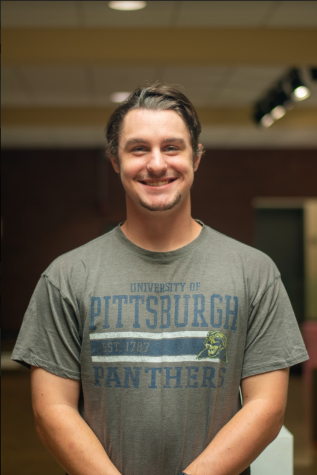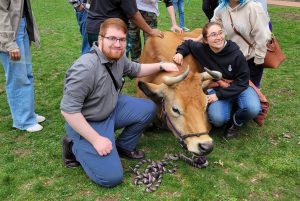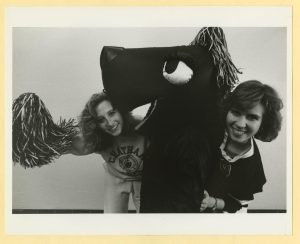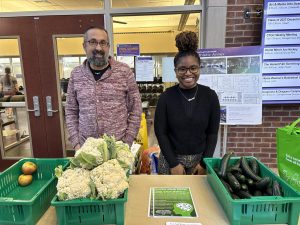Diversity and Inclusion with Dr. Randi Congleton
Dr. Congleton is the Assistant Vice President for Diversity, Equity & Inclusion at Chatham University.
April 8, 2021
In 2020, the world seemed to have been turned upside down. There were serious questions that arose around the world, including at Chatham University. The pandemic had affected students and faculty around our campus, but there were also serious questions and concerns about social issues. This led to movements and actions being undertaken to raise awareness of police brutality and racism against different people in our country.
Events such as the death of George Floyd and the Atlanta spa shooting have saddened and hurt many around the world, while also sparking the emotions of students and faculty at Chatham.
Dr. Randi Congleton has been a shining voice for many students and staff to listen to during these key events in history. Dr. Congleton is the assistant vice president for diversity, equity & inclusion at Chatham. She gave her perspectives on last year’s events and this year’s review of Black History Month, along with the recent events that have taken place in Atlanta.
Dr. Congleton spoke about diversity and what that means for our campus.
“When we talk about diversity, it is the presence of difference, and that is regarding structural diversity. If you are in a room and you have people from many backgrounds, identities, places they live and spaces then we have a diverse space from a structural standpoint,” said Congleton.
Black History Month was in February, and it was a time to reflect on past events and learn from them to improve our world. It impacted Chatham in terms of making faculty and students more knowledgeable about key issues.
“We celebrate history and heritage all year long. Black History Month is just one of them. When we talk about Black History Month and what it does for people on campus, what they all have in common is that they all illuminate contributions of these bodies of people in the United States,” said Congleton. “Having different heritage months helps us come together to be able to learn more and to be able to engage and be in community with one another with a variety of topics all year long.”
There were also discussions on how the pandemic has changed Chatham’s ability to educate and reach out to students. With many students not being on campus, some learning through virtual classes and commuting to school, there needed to be a different way to keep students involved with different programs and activities that involved inclusion and diversity. With the events that had happened over the last year, students have tried to find different ways to reach out and spread awareness across campus.
“What I have personally experienced is an increase of faculty and staff and students asking: ‘What can I do?’ ‘How can I support communities?’ ‘How can I create change on our campus?’ ‘Are some of these things happening on campus?’ Or even just at its basic level ‘I’m wrestling thinking about this for the first time and I don’t necessarily know what to do’, and that is fair,” said Congleton.
Students may need processing time to think about crucial and traumatic events that unfold in front of their own eyes.
“We had students who shared the social identity of George Floyd, who was a black male, having to navigate some of the thoughts and seeing someone just like them being murdered on video that is on national tv. They are just trying to wrestle emotionally, mentally and wanting to do something but also navigating through some of the trauma,” said Congleton.
It is a challenge for students to be able to navigate through events like the death of George Floyd and the Atlanta shooting and still be able to focus on schoolwork, sports and the pandemic that we are all facing.
While all of these events are happening in our world, Dr. Congleton and Chatham staff have been able to keep students satisfied and educated by keeping the university open and welcoming for all students to partake in events and share their experiences and ideas.
“I think Chatham has done a good job including everyone on campus because they have a lot of different clubs/groups that people are able to join. I also think that the staff does a good job with providing opportunities to celebrate and discuss a variety of groups every month,” said Chatham student Ally Jones.
Jones also acknowledged that there is always room to grow as a community and university when it comes to having everyone’s opinion matter. Students have noticed the embrace that Chatham has.
“I think Chatham appeals to many students because of how vocal it is being an inclusive environment. Though we still have work to do, it is obvious that Chatham prioritizes making their students feel welcomed,” said Chatham student Benjamin Raygor.
Chatham has had a special effect on students and the community by being able to have voices from all backgrounds. Dr. Congelton and many others are always trying to find ways to be able to make Chatham and its community a more welcoming place.
“My hope is to show that everyone plays a role in seeking education. Everyone plays a role in making this a positive climate for our entire campus because we are a community. If there is a population of students on our campus that does not feel included, does not feel that there is a policy or procedure that is equitable, it means that we still have work to do,” said Congleton.


